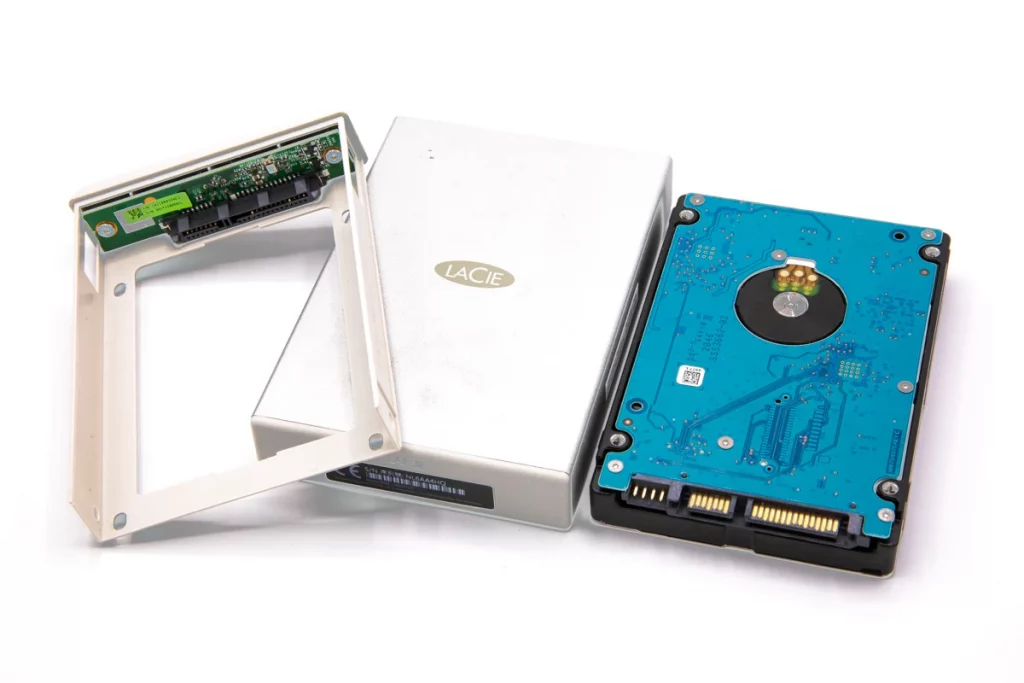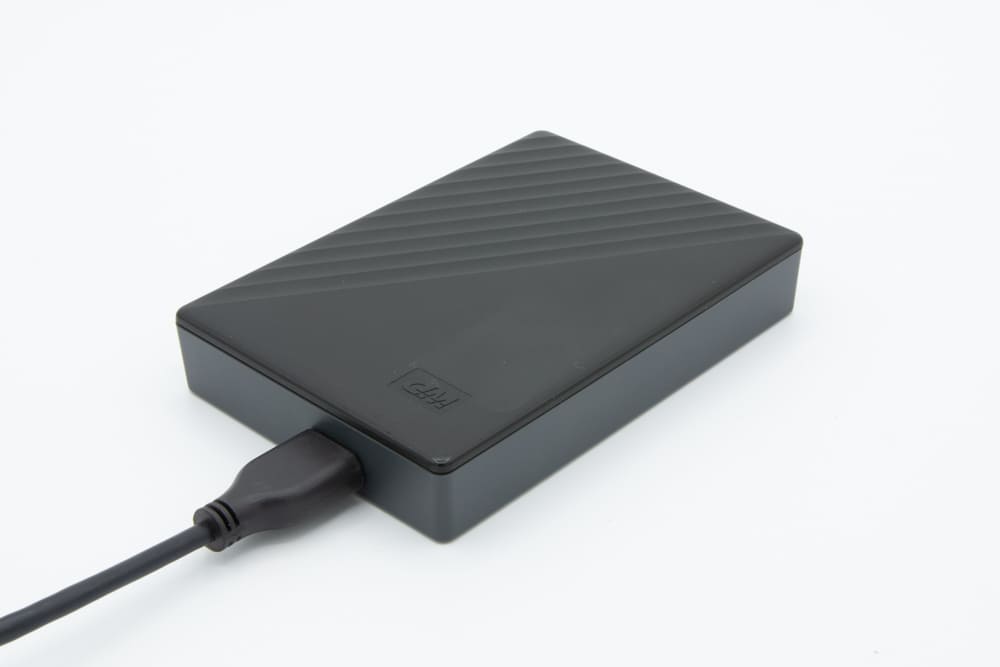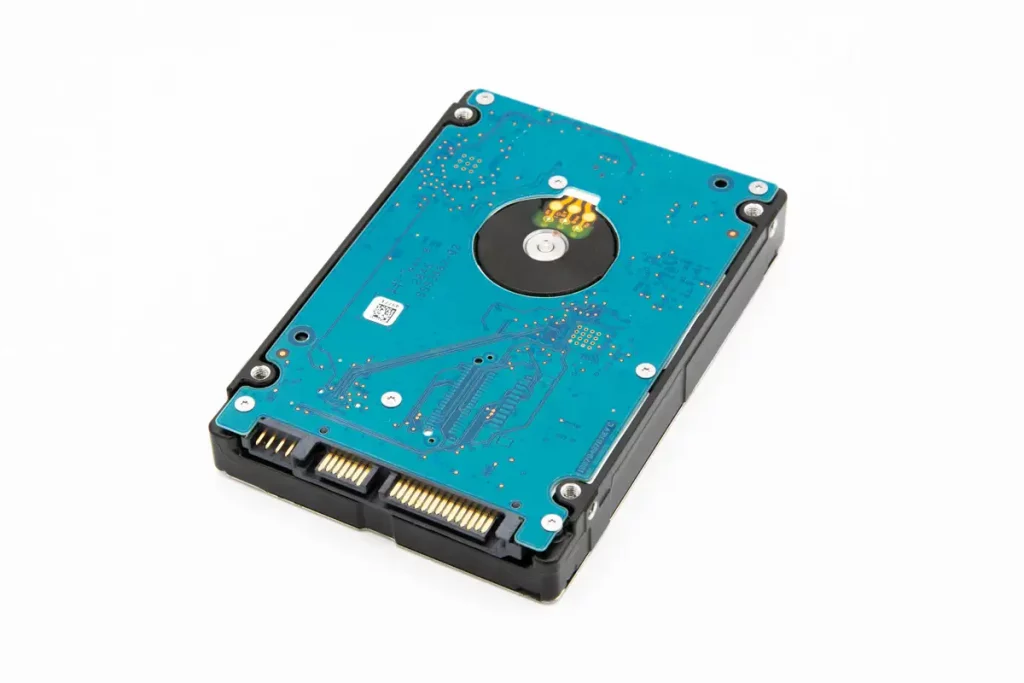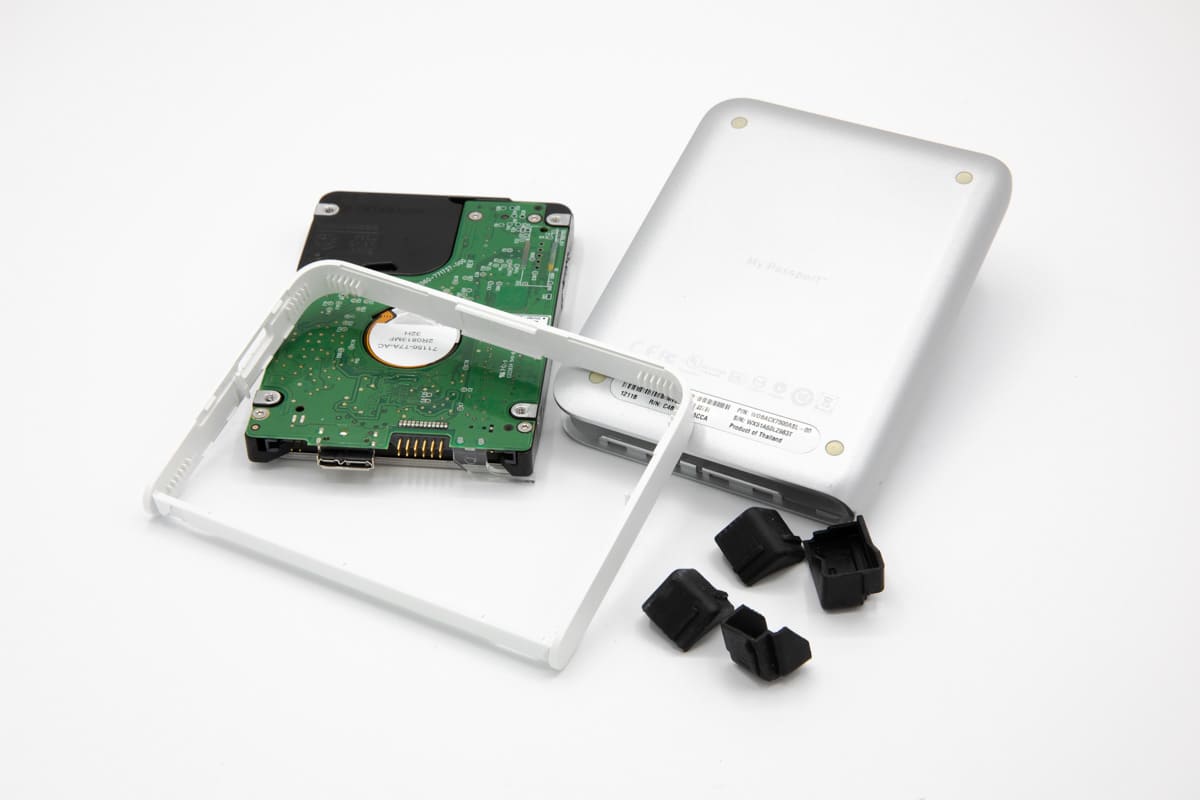“My external hard drive is not working” is a phrase we often hear from individuals who rely heavily on their external storage devices. This issue can cause significant distress, especially when valuable data is at stake. External hard drives may sometimes fail to function properly due to various reasons, ranging from simple connection problems to more complex hardware failures. This blog post aims to delve into why your external hard drive might not work and provide helpful solutions to get your device up and running again.
My External Hard Drive is not Working - Symptoms
“My external hard drive is not working” – this statement often comes with several noticeable symptoms. These symptoms can include your computer not recognizing the drive, the drive not showing up on your desktop or file explorer, or even the drive appearing to be completely inactive, showing no signs of power.
The External Drive Is Not Showing up on the Computer
One of the most frequent warning signs of a failing external hard drive is when the computer does not recognize it. The detecting issue can happen for several reasons, including a faulty USB cable, a damaged USB port, or a malfunctioning external hard drive.
If your computer is not recognizing your external hard drive, try connecting it to another appliance or a different USB port to see if the issue persists. If it does, then it is likely that the external hard drive is the problem.
To resolve this issue, you can update the driver software for the external device, format the drive, or request help from professionals to retrieve the data from the drive before replacing it.
Strange Noises Coming from the External Hard Disk
Another common symptom of a failing external drive is strange noises from the device. These noises can range from clicking sounds to whirring or grinding noises. Clicking, grinding, buzzing, or beeping sounds may indicate a mechanical failure of the hard drive, like a read-write heads malfunction, a serious issue requiring immediate attention.
If you hear strange noises from your external hard drive, stop using it immediately and disconnect it from your computer. Continuing to use the device can cause further damage and make data recovery more difficult.
To resolve this issue, it is recommended to seek the help of a reputable data recovery service. These professionals have the tools and expertise to retrieve data from damaged hard drives, including those with mechanical failures.
The External Hard Drive Is Slow to Read and Write Data
If your external hard drive is slow to read and write data, it may indicate that the device is failing.

Various factors, including a failing hard drive, a full hard drive, or a fragmented file system, can cause this issue.
To troubleshoot this issue, free up space on the external drive by deleting unnecessary files and folders. You can also try defragmenting the hard drive to improve its performance.
If these solutions do not work, then it is likely that the external hard disk drive is failing. In this case, it is recommended to back up any important data from the device and replace it with a new one.
Error Messages When Trying to Access Data on the External Hard Drive
If you receive error messages when trying to access data on your external hard drive, it may indicate that the device is failing. Various issues, including corrupted files, damaged systems, or a failing hard drive can cause these error messages.
Frequent error messages can not be a good sign for an external drive user. Hence, it is beneficial to entrust your device to experts. To troubleshoot this issue, get help from professional recovery engineers.
The External Hard Drive Is Overheating
If your external hard drive is overheating, it may indicate a serious issue with the device. Several factors, including a faulty fan, a damaged power supply, or a malfunctioning hard drive can cause overheating.
To troubleshoot this issue, use the external hard disk drive in a cooler environment or a well-ventilated area. You can also try cleaning the device’s fan and vents to remove any dust or debris causing it to overheat.
If these solutions do not work, the external hard drive is likely failing and needs to be replaced. Using an overheating external hard drive can cause further damage and increase the risk of data loss.
Different Failure Scenarios of External Hard Drive
External hard drives can experience various failure scenarios, each presenting unique challenges and requiring different solutions. Understanding these scenarios can help you correctly diagnose the problem and choose the most effective data recovery strategy.
My external hard drive fell down and is not working
Physical damage is one of the most common reasons for an external hard drive to stop working. If your external hard drive fell, it could have resulted in internal components getting misaligned or damaged. In this case, you may hear strange noises from the device or experience slow data transfer speeds.
If your external hard drive has fallen and is not working, do not attempt to open it or repair it yourself. This can cause further damage and make data recovery more difficult. Instead, seek professional help from a reputable data recovery service.

My external hard drive is beeping and not working
A beeping noise from your external hard drive is often associated with power or connection issues. It could indicate a problem with the USB cable or port, or it may signal that the hard drive’s internal components are failing.
To troubleshoot this issue, try using a different USB cable and connecting to a different computer.
If the external hard drive still does not work and continues to beep, it is best to seek professional help.
My external hard drive is beeping and not working
A beeping noise from your external hard drive is often associated with power or connection issues. It could indicate a problem with the USB cable or port, or it may signal that the hard drive’s internal components are failing.
To troubleshoot this issue, try using a different USB cable and connecting to a different computer. If the external hard drive still does not work and continues to beep, it is best to seek professional help.
My external hard drive is blinking but not working:
If your external hard drive is blinking but not working, it could be a sign of a failing power supply or internal hardware issue. Before assuming the worst, try connecting the device to a different USB port and using a different power adapter if possible.
Tips for Preventing External Hard Drive Failure
While some external hard drive failures may be inevitable, there are steps you can take to reduce the risk of data loss and prolong the life of your device. Here are some tips for preventing external drive failure:
- Back up your data regularly. It is essential to back up your data regularly to prevent data inaccessibility situations in case of a hard drive failure. You can use cloud storage or an external hard drive to back up your data.
- Handle the device with care. External hard drives are fragile devices that can be damaged easily. Avoid dropping or knocking it.
- Keep the device cool. Overheating is a common cause of external hard drive failure. Keep the device in a cool and well-ventilated environment.
- Use a surge protector. Power surges can damage external drives. A surge protector can save your device from power failures.

- Use the device regularly. External hard drives can fail if they are left unused for long periods. Use the device regularly to keep it in good working condition.
External hard drives are convenient and essential devices for storing and transferring large files. However, they can experience issues that prevent them from working correctly. If you encounter any failure symptoms mentioned in this blog post, entrust your external drive to a professional company like PITS Global Data Recovery Services.
Data Recovery from not Working External Hard Drives
PITS Global Data Recovery Services is a high-level company specializing in recovering data from external hard drives. We offer various services to help our clients recover their data quickly and efficiently, ensuring their valuable information is not lost forever.
When you bring your external hard disk drive to us, our first step is to diagnose the issue and evaluate the extent of the damage. Our team of qualified experts will conduct a thorough analysis of the device to determine the root cause of the problem and provide you with an accurate report. We will provide detailed information outlining the problem and the estimated cost and time required to recover your data.
Start the process of recovering data from an external hard drive with our highly-skilled technicians, and we will gladly assist you with your case.
Frequently Asked Questions
Why is my external hard drive not recognized by my laptop?
This could be due to a faulty or incompatible USB cable, a damaged USB port, an outdated driver, or an issue with the hard drive itself. Make sure to try different cables and ports and update your drivers.
What does it mean if my external hard drive is making strange noises?
Strange noises such as beeping, buzzing, or grinding could indicate a mechanical issue with your hard drive. It’s advised to stop using the drive immediately to avoid further damage.
Why is my external hard drive slow to read and write data?
This could be a sign of a failing or overloaded hard drive. Make sure to clean up unnecessary files, defragment the drive if necessary, and check for any potential malware.
What to do if my external hard drive fell and stopped working?
Physical damage can severely affect the functioning of a hard drive. It’s best not to attempt a DIY fix, as this could lead to further damage. Seek professional help from a data recovery service instead.
What does a blinking light on my external hard drive mean?
A blinking light could indicate a power supply issue or a malfunction with the drive’s internal hardware. Try a different power adapter or USB port. If the problem persists, seek professional assistance.
What should I do if my external hard drive is on but not working?
This could be a sign of a connection problem or a fault with the drive’s controller board. Try connecting the drive to a different laptop or using a different cable. If this doesn’t work, consult a data recovery professional.
